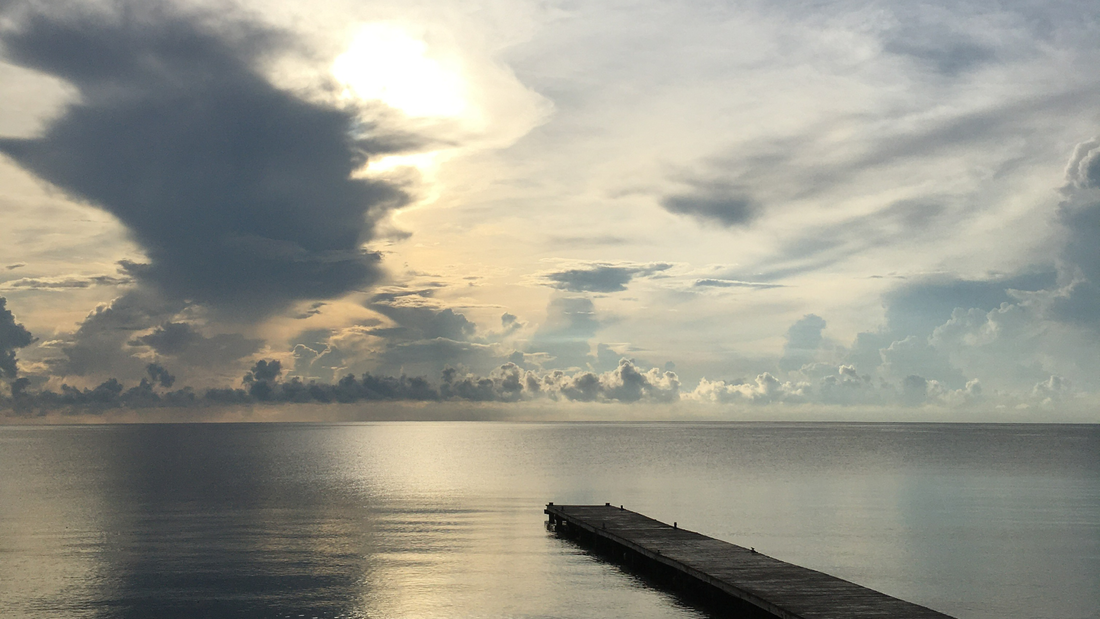|
I don’t understand a thing about poetry except that some of it snags the fabric of my life. Like this one, published in the New Yorker* a couple weeks ago: Monday I was just beginning to wonder about my own life and now I have to return to it regardless of the weather or how close I am to love. Doesn’t it bother you sometimes what living is, what the day has turned into? So many screens and meetings and things to be late for. Everyone truly deserves a flute of champagne for having made it this far! Though it’s such a disaster to drink on a Monday. To imagine who you would be if you hadn’t crossed the street or married, if you hadn’t agreed to the job or the money or how time just keeps going-- whoever agreed to that has clearly not seen the beginning of summer or been to a party or let themselves float in the middle of a book where for however briefly it’s possible to stay longer than you should. Unfortunately for me and you, we have the rest of it to get to. We must pretend there’s a blue painting at the end of this poem. And every time we look at it we forget about ourselves. And every time it looks at us it forgives us for pain. -Alex Dimitrov * It’s no wonder they released it when they did, on the penultimate day of August. The month of September is the Monday of the year, the moment when the summer slips from our grasp and forces a reckoning we knew was coming but refused to acknowledge. September is the hastily finished syllabus. It’s the book chapter not nearly as far along as you’d hoped. It’s the house, too quiet now, since your youngest left last week for college. As if the standard September weren’t bad enough, this one has a special weight to it, no? Haiti. Afghanistan. The Colorado River. Henri & Ida. Perhaps Larry by the time you read this. Texas. To say nothing of: DeltaDeltaDeltaDeltaDeltaDeltaDeltaDelta In the midst of all this, Dimitrov offers a blue painting. Why do we have to pretend it’s there? Did he mean imagine instead of pretend? This is the thing I hate about poetry—the reason I used to think it was only for fancy people—I can’t nail it down. It’s also the thing I love about poetry. It sends me on scavenger hunts for meaning that lift me out of the misery of the moment. * So, forgive my straightforward, social scientist’s interpretation—but from what I can see, there are blue paintings all around. Our days are littered with them if we will only see. Regardless of what happened with your writing this summer. No matter how badly your university has bungled the implementation of its anti-viral back-to-school policy. Your blue painting is there. Ready to lift you, briefly, out of the muck of the everyday. So that when you’re set back down in it, you can wade through. When I was still a prof, my blue painting was the look on my students’ faces when, exasperated, I’d leave the seminar room after only 10 minutes, calling “Don’t come back to class unless you’ve read,” over my shoulder. My blue painting was the extra 40 minutes of writing that would give me, holed up in my office, dark but for the desk lamp. So no one would know I was there and interrupt me. My blue painting was the look on my students’ faces—the excitement, the horror, the defiance—when, at the next class, they actually had read. You have a blue painting at the end of your poem. It pulls you away from your news feed. It gives you courage to sneak in writing time, despite the “screens and meetings and things to be late for.” It takes what feels like an empty nest and turns it into a room of one’s own. You have a blue painting at the end of your poem. What is it? * https://www.newyorker.com/magazine/2021/08/30/monday Want the monthly InkWell blog delivered straight to your inbox? Subscribe to Inkling, a bite-sized, monthly newsletter filled with ideas, inspiration, and information for academic writers.
Comments are closed.
|
|
© 2018 InkWell Academic Writing Retreats
|

